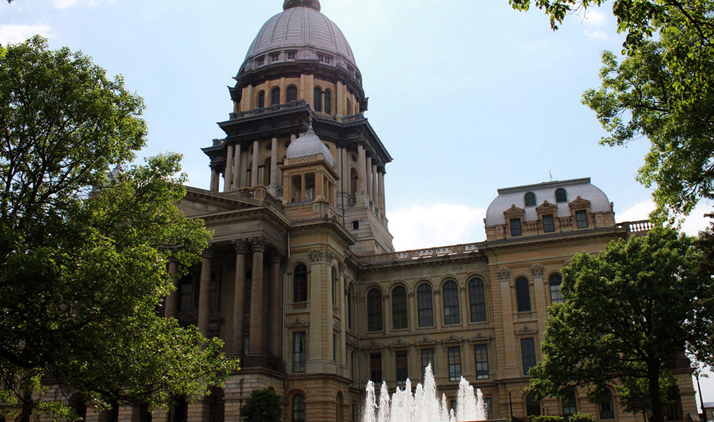
Illinois Moves Toward $15 Minimum Wage

The Illinois General Assembly has approved a proposal that would raise the state’s minimum wage to $15. The measure narrowly made it through, with state lawmakers voting 61 to 53 along party lines. The state’s current minimum is $8.25 per hour.
If signed into law, the increase would be implemented over five years—meaning the minimum wouldn’t reach $15 until 2022. To help ease the burden for employers, the legislation provides a number of new tax credits for businesses with under 50 employees.
The proposal now sits with the Illinois Senate, which will likely endorse it. Democrats possess a significant majority in the upper chamber, accounting for 37 seats to the Republicans’ 22. If approved, the increase would then require the sign-off of Governor Bruce Rauner, a Republican.
Though Rauner has voiced support for a modest wage hike, it remains unclear if he would endorse a $15 minimum. In a 2014 interview, the governor seemed willing to deal—as long as Democrats were willing to make concessions elsewhere. "As I’ve said all along, I absolutely will support raising the minimum wage in Illinois, but I want to insist that it be included with business reform, workers comp reform, tax rate reduction and tort reform.”
Trend: State, Local Wages on the Rise
Illinois is hardly the first locality to consider such a substantial increase. Last spring, California became the first state to pass a $15 minimum wage. Just a day later, New York approved its own increase. Not to be outdone, the District of Columbia, signed off on its own increase as well.
Economists are largely split on whether these historic increases do more harm than good. Support for a $15 minimum wage tends to closely follow party lines. Republicans believe that increases only burden small businesses, accelerating the progress of job automation—effectively hurting, not helping American job prospects.
Even among Democrats, a party that has traditionally skewed pro-labor, there are skeptics. How these increases will actually affect workers remains to be seen, but there is undeniable momentum behind the cause.
Stay on top of state minimum wage rates, income tax brackets, and more with our free tax tool
Adding an additional layer of complexity, a state’s political leanings don’t always correlate to the likelihood of an increase. When voters—not legislators—are empowered to decide on the matter, a hike’s prospects become unpredictable. Voters in traditionally Republican-majority states like Arizona and Colorado have approved ballot measures to increase the minimum wage.
Jon Segal, an employment and labor attorney, may have put it best: “When the average voter votes, they’re an employee...not an employer.”
The Namely team will continue to monitor minimum wage increases across the country.

See how Namely's flexible solution will help you streamline your HR processes by having your people, payroll, and benefits info all in on place.
Get a demoYou May Also Like
Get the latest news from Namely about HR, Payroll, and Benefits.
Thanks for subscribing!


Get the latest news from Namely about HR, Payroll, and Benefits.
Thanks for subscribing!



